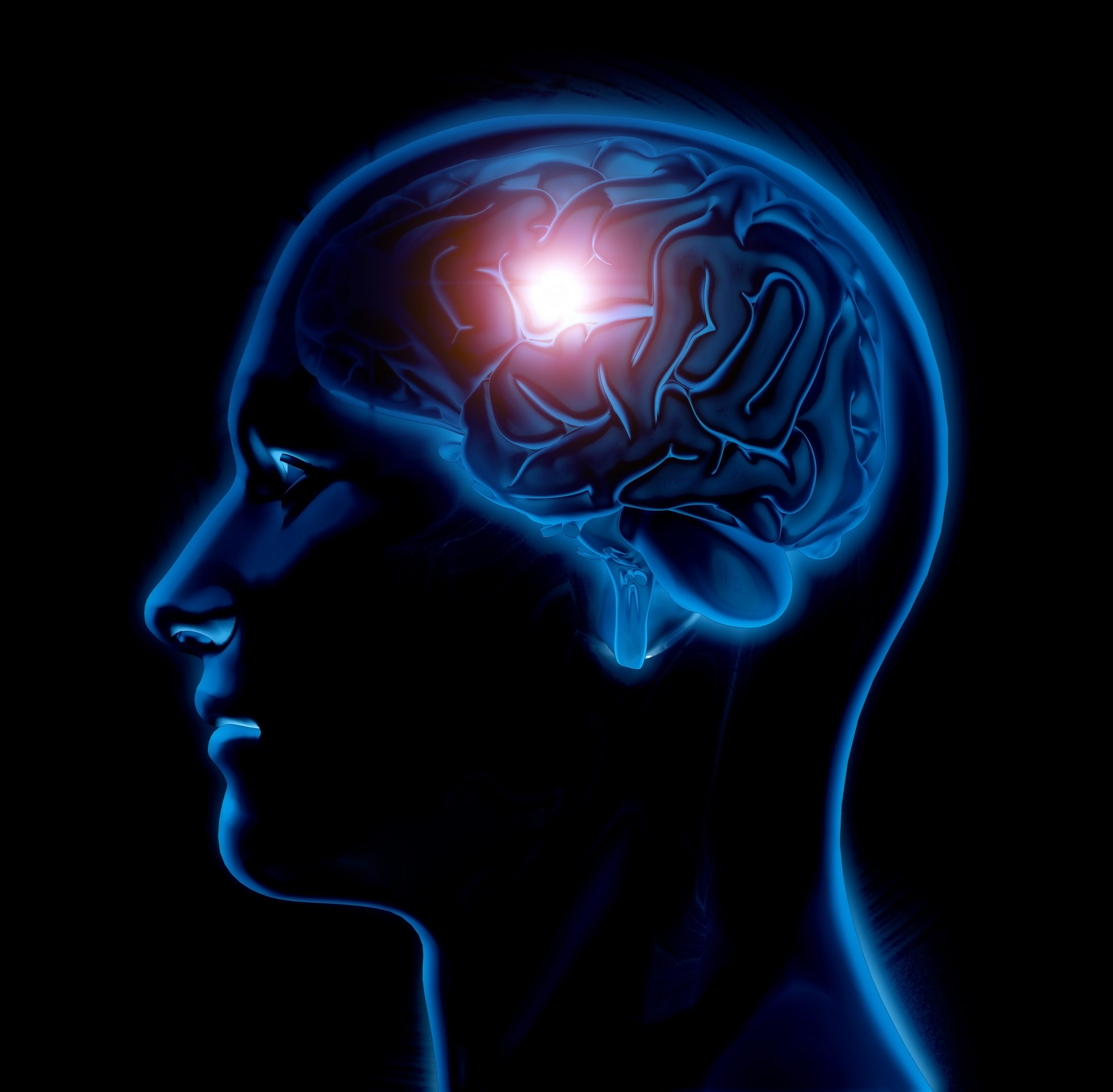

The brain has been observed to alter with aging and illness in the past. But now, Japanese researchers have discovered a connection between physical balance and brain volume change. Researchers from the University of Tsukuba have discovered that in healthy older persons, the volume of the hippocampus is connected with a measure of balancing ability in a study that was just published in Gait & Posture.
The hippocampus is involved in the consolidation of memory data related to spatial awareness, motor sequences, and navigation. According to recent research, the hippocampus function and spatial memory both depend on signals from the vestibular system, which controls balance and body position. Although alterations in the hippocampus have been associated with vestibular dysfunction, it is unclear how balance and hippocampal volume are related. This is a problem that the University of Tsukuba researchers set out to resolve.
“Postural balance requires the integration of different brain systems,” says the senior author of the study Professor Tetsuaki Arai. “To comprehensively examine the brain regions associated with balance, we wanted to first assess the characteristics of healthy older individuals.”
To do this, the researchers asked a group of 30 healthy older adults to undergo tests of balance, cognition, and magnetic resonance imaging, which enabled them to evaluate hippocampal volume. Balance was measured using the index of postural stability (IPS) with the participants standing on various types of surfaces in “eyes open” and “eyes closed” conditions.
“The results were surprising,” explains author Professor Miho Ota. “We found a strong relationship between balance function and the volume of specific regions of the hippocampus, known as the hippocampal subfields.” This relationship was strongest for balancing on a soft surface with eyes closed.
“This study is the first to evaluate the connection between hippocampal volume and balance function in healthy older adults, and we obtained novel information about the nature of this relationship,” says Professor Tetsuaki Arai.
The results suggest that it would be viable to use the IPS to investigate the connection between balance and vestibular function in dementia patients. This study also lays the groundwork for future studies examining whether therapies for balance disorders can enhance hippocampus volume as well as whether the hippocampal volume can be utilized to forecast the results of therapeutic interventions for balance disorders in dementia patients.
more recommended stories
 Children’s Health in the United States is Declining!
Children’s Health in the United States is Declining!Summary: A comprehensive analysis of U.S..
 Autoimmune Disorders: ADA2 as a Therapeutic Target
Autoimmune Disorders: ADA2 as a Therapeutic TargetAdenosine deaminase 2 (ADA2) has emerged.
 Is Prediabetes Reversible through Exercise?
Is Prediabetes Reversible through Exercise?150 Minutes of Weekly Exercise May.
 New Blood Cancer Model Unveils Drug Resistance
New Blood Cancer Model Unveils Drug ResistanceNew Lab Model Reveals Gene Mutation.
 Healthy Habits Slash Diverticulitis Risk in Half: Clinical Insights
Healthy Habits Slash Diverticulitis Risk in Half: Clinical InsightsHealthy Habits Slash Diverticulitis Risk in.
 Caffeine and SIDS: A New Prevention Theory
Caffeine and SIDS: A New Prevention TheoryFor the first time in decades,.
 Microbial Metabolites Reveal Health Insights
Microbial Metabolites Reveal Health InsightsThe human body is not just.
 Reelin and Cocaine Addiction: A Breakthrough Study
Reelin and Cocaine Addiction: A Breakthrough StudyA groundbreaking study from the University.
 Preeclampsia and Stroke Risk: Long-Term Effects
Preeclampsia and Stroke Risk: Long-Term EffectsPreeclampsia (PE) – a hypertensive disorder.
 Statins and Depression: No Added Benefit
Statins and Depression: No Added BenefitWhat Are Statins Used For? Statins.

Leave a Comment